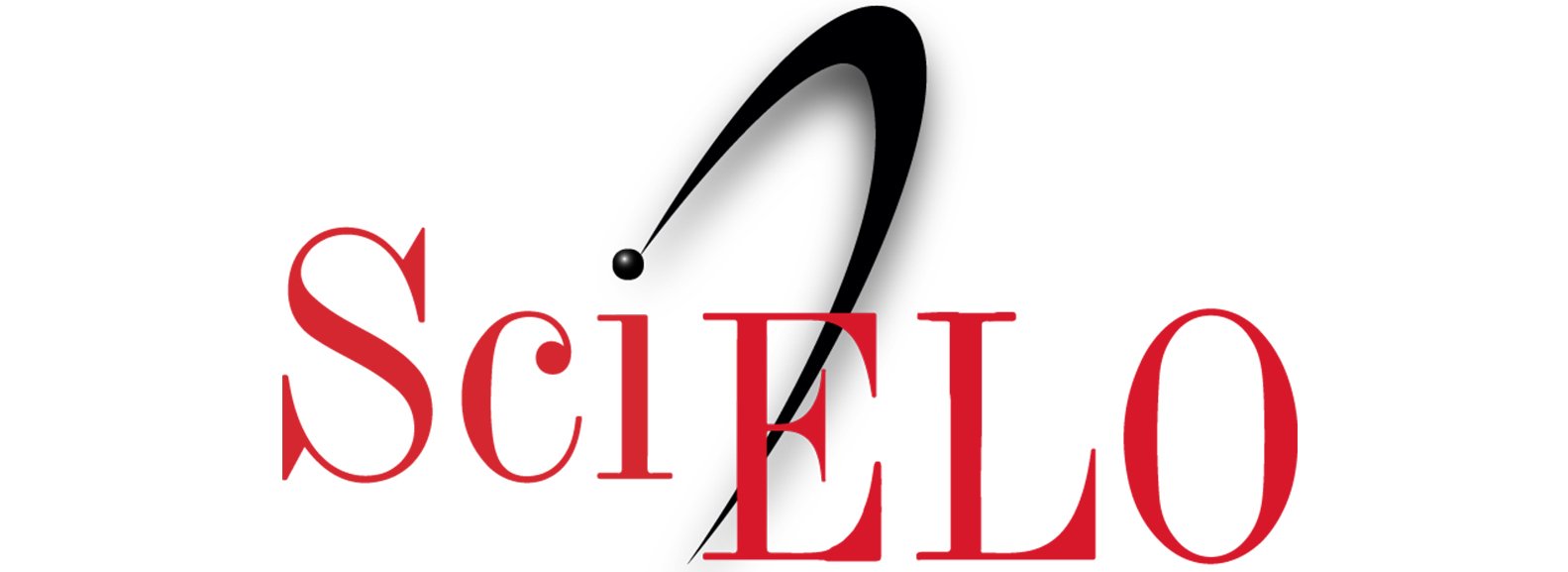LETTER
REVISTA DE LA FACULTAD DE MEDICINA HUMANA 2023 - Universidad Ricardo Palma10.25176/RFMH.v23i2.5690
POOR DIET IN FRUITS AND RISK OF COLORECTAL CANCER
DIETA DEFICIENTE EN FRUTAS Y RIESGO DE CANCER COLORRECTAL
Contreras Tataje, J.
 1,a
1,a
1 Instituto de Investigaciones en ciencias biomédicas. Facultad de medicina humana de la
Universidad Ricardo Palma. Lima,
Peru.
a Estudiante de medicina.
After reading the article by Lobato-Jeri, C et al. which is entitled "Clinical surgical characteristics of patients aged 75 years or older colostomized in the national hospital Edgardo Rebagliati Martins with DOI: 10.25176/RFMH.v16.n2.667, published in 2016, in your prestigious journal of Facultad de medicina humana de la Universidad Ricardo Palma, I must say that it has been a pleasure to have studied it, because it deals with a very relevant topic for the public health of our country. This study covers the characteristics that exist in elderly patients who underwent colostomy surgery. What caught my attention was that, of the patients analyzed in their publication, a large percentage (42.11%) had unresectable colorectal cancer that caused intestinal obstruction, which led them to have a colostomy. The fact that colorectal neoplasia occupies an important place as a main reason for colonic ostomy indication also occurs in other studies referenced in their publication (1), which indicates a serious public health problem. We know that there are habits and risk factors that predispose to the development of neoplasms, however, there are also good habits such as an adequate balanced diet or exercise that would act as protectors against neoplasms (2). My intention is to highlight that a diet low in fruits would favor the development of colorectal cancer, which, by means of the following contributions, I will humbly seek to continue what the author has described.
Colorectal cancer (CRC) is the neoplasm that ranks third in the world in morbidity and mortality, equally in both sexes, and the number of patients affected by this pathology is expected to increase even more by 2030, according to the WHO (3).
In Spain, Zaragoza-Martí A et al (2), compiled a series of articles divided according to whether a food group increased the risk of developing various types of cancer or whether they were protective factors. It was found that of 19 studies that discussed excessive consumption of red meat and colorectal cancer, 10 showed a direct relationship. On the other hand, in 27 articles dealing with the relationship between the Mediterranean diet (predominance of fruit, vegetable and fiber consumption) and the development of neoplasms, 7 of which dealt with digestive neoplasms; all of them established that a Mediterranean diet had an inverse relationship with cancer of the digestive tract, including CRC, so that they can be said to act as protective factors (2).
Likewise, in Mexico, Martínez VB et al (4), , compared the risk of developing CRC in 2 groups of teachers from different institutes, and concluded that both groups had a high risk of colorectal cancer due to an unbalanced diet between carcinogenic and protective foods.
In our country, Sanabria-Rojas, H et cols, in a case-control study, considering exposure to type of diet and effect on CRC, concluded that a vegetarian diet, where fruit and vegetable consumption predominates, would be a protective factor against colorectal cancer (5).
In conclusion, from what I have gathered there is not much evidence that low fruit consumption is a risk factor for colorectal cancer. What we do know is that adequate fruit consumption is a protective factor, and that unbalanced diets may predispose to the development of CRC.
Therefore, a research project could be conducted to address the association between a diet poor in fruits and the risk of developing CRC, which would be beneficial for the prevention and screening of this disease.
Author contributions:
The author participated in the generation, collection of information, writing and final version of the original article.
Financing: Self-financed.
Conflicts of interest:
The author declares no conflict of interest in the publication of this article.
Received:
April 26, 2023.
Approved:
May 24, 2023.
Correspondence:
Jorge Segundo Contretas Tataje.
Address:
Av. Alfredo Benavides 5440, Santiago de Surco 15039.
Telephone:
969433901
E-mail:
201810145@urp.edu.pe
Article published by the Journal of the faculty of Human Medicine of the Ricardo Palma University. It is an open access article, distributed under the terms of the Creatvie Commons license: Creative Commons Attribution 4.0 International, CC BY 4.0(https://creativecommons.org/licenses/by/1.0/), that allows non-commercial use, distribution and reproduction in any medium, provided that the original work is duly cited. For commercial use, please contact revista.medicina@urp.edu.pe.
BIBLIOGRAPHIC REFERENCES
